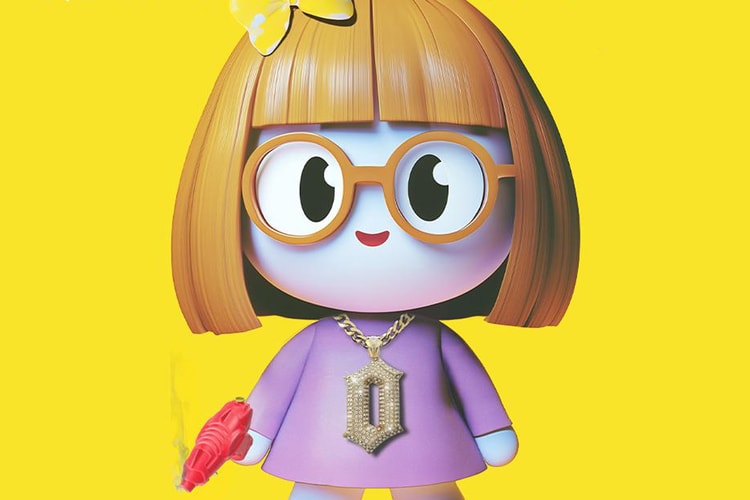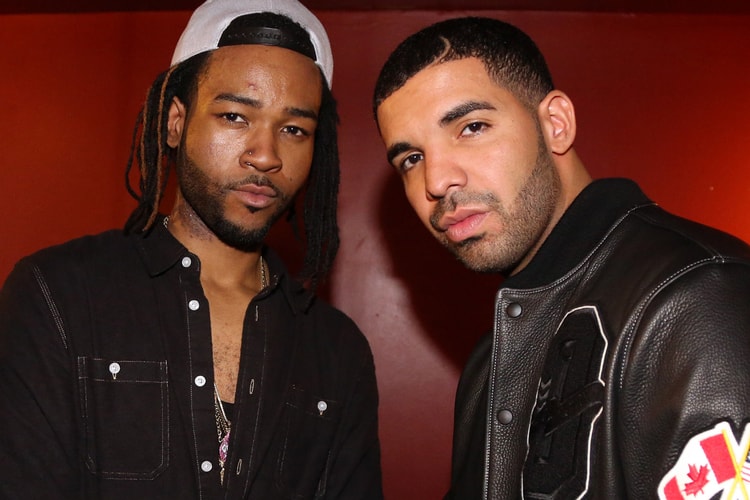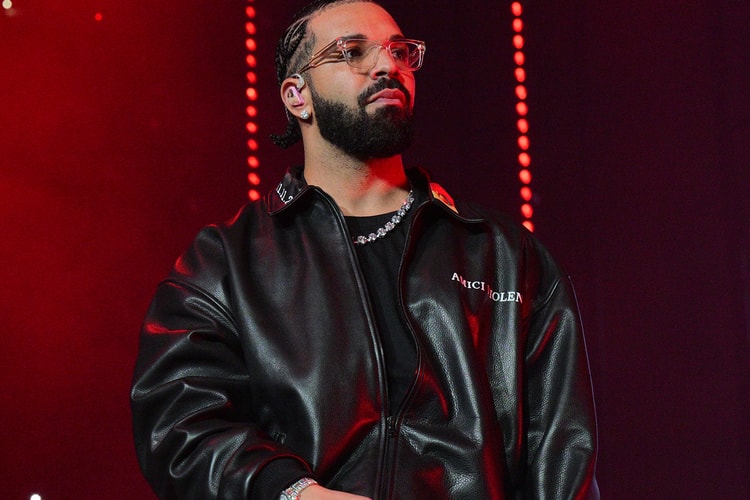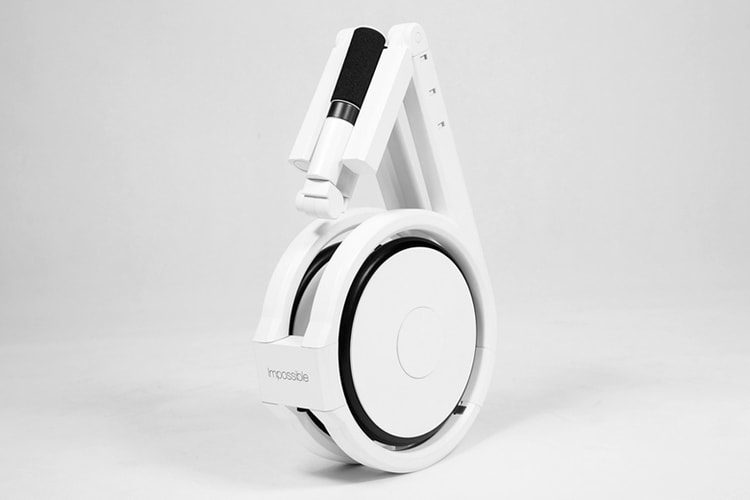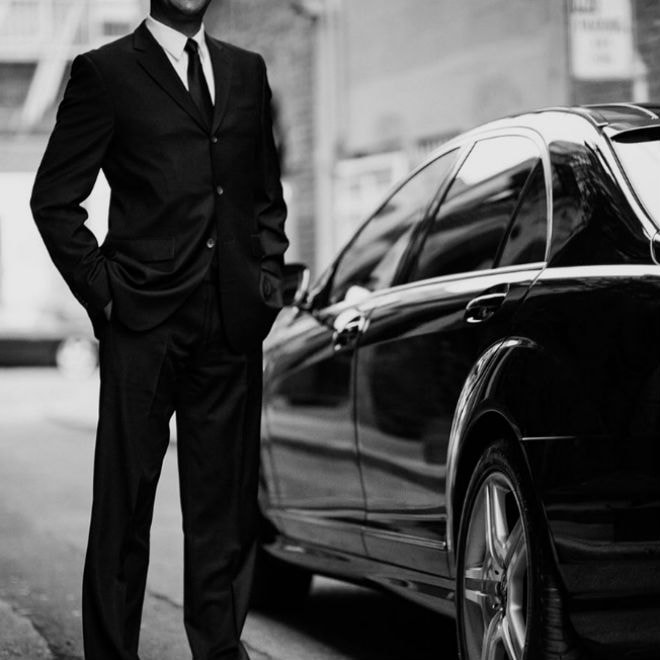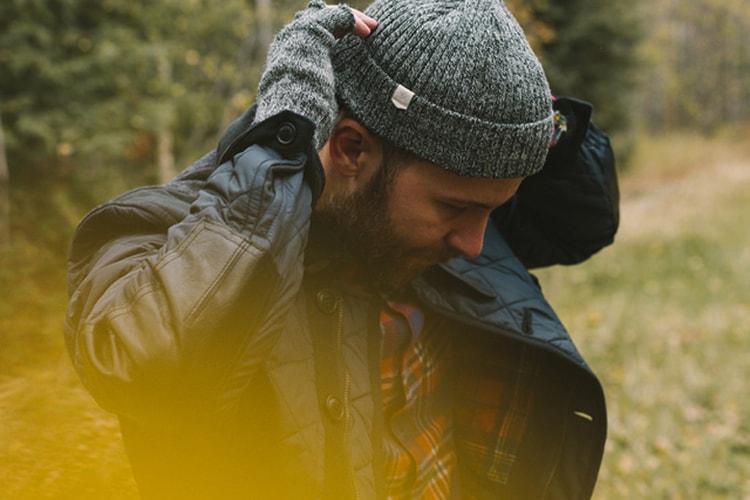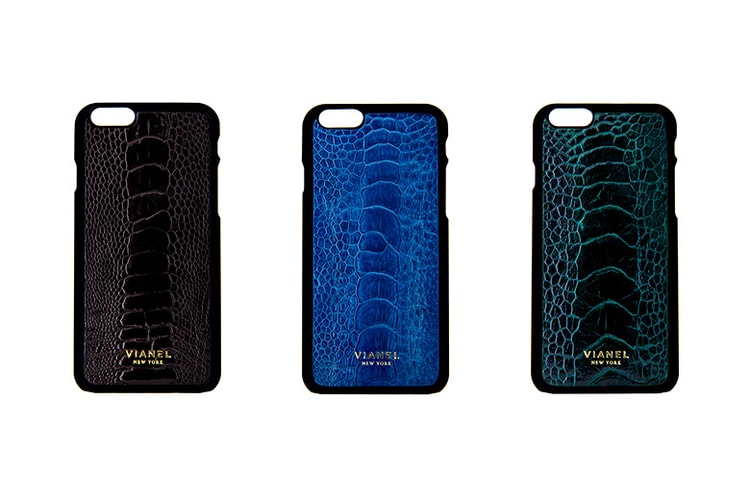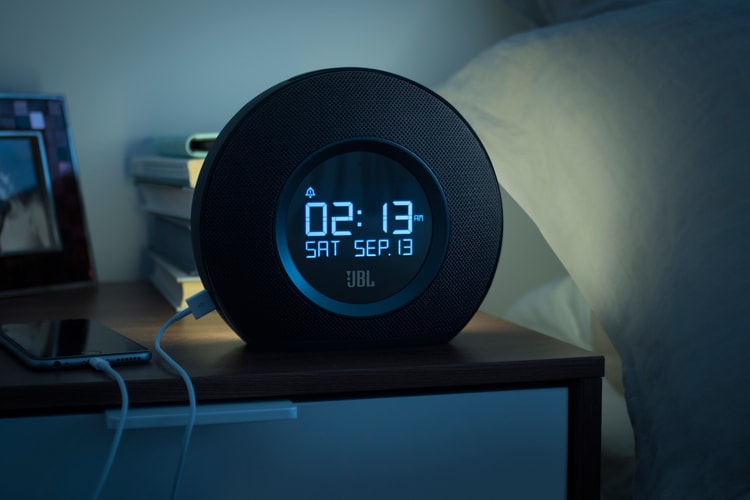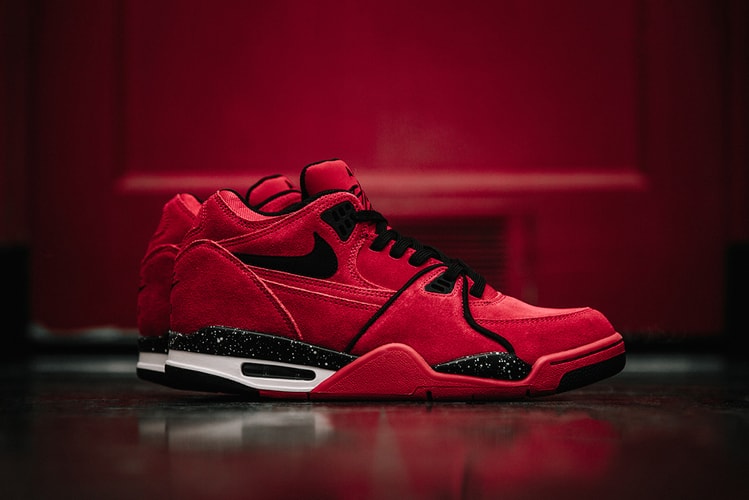Meet Drake's Vocal Coach; Nothing Would Be the Same Without Her
Meet Dionne Osborne, Atlanta-based singing teacher who started off as Drake’s vocal coach but now

Meet Dionne Osborne, Atlanta-based singing teacher who started off as Drake‘s vocal coach but now also identifies herself as his stand-in mom. Not to be confused with his actual biological mother, Sandi Graham, Dionne may just be the only other middle-aged woman you would spot cooling with the OVO crew at the VIP. Understanding the unhealthy nightlife habits rappers usually dip into while on tour, Osborne continually emphasizes to Drake the importance of drinking water to maintain mental and physical health, and most importantly, to protect the singer-rapper’s delicate voice. It doesn’t matter whether he’s backstage with groupies or bodyguards or on stage turning up, Osborne will not allow Drake to stall in receiving his daily dosage of H2O. When asked about Drake’s singing, Osborn comments, “it isn’t showy, and it has a very nice tone: it sounds so conversational. He isn’t singing at you, but singing to you. A lot of singers overdo it, try to bombast you, but Drake doesn’t. And the average person can sing Drake’s songs, and that’s part of what they love.” It’s true that maternal support is necessary behind every success story; listen to your moms.
Read excerpts of the interview, and for the entire conversation, head over here.
And now you’ve been working with Drake for over four years. How did you get hooked up with him?
The call came into my colleague, Jan Smith, at Jan Smith Studios. At the time, Jan was on the road with Justin Bieber. She had also worked with Keri Hilson, whose team also managed Drake at the time. They called her because Drake was about to do his first tour and he needed someone to prep him. It’s amazing that some labels/teams will send out artists without any training, even if they’ve never even played hole-in-the-wall bars. But they were smart enough to bring someone in.
So, Jan sent me to Toronto where they were doing rehearsals. I think I was supposed to be there for three to five days. I felt a bit of trepidation, because, Jia, here’s the real truth: rappers only come to us when they already have vocal damage, and it’s kind of too late to help. And going in, you don’t know who wanted you there, the artist or the management team. You don’t know if they’re going to fight it.
So I show up early and the band is drilling me with questions. What are you going to do? What are you going to do to him? I start talking to them about health stuff, and they’re like, He loves his sweet tea. You’re never going to get him to give up his sweet tea.
Then Drake walks in with his posse. You know how rappers never go anywhere without a big group of people. And he stuck his arms straight out and gave me a big hug and that was it.
He was open to taking direction.
Exactly. She’s here to help me. After that first session, he just kept stretching it out. It went to seven days, and then past that into the tour.
Is this Thank Me Later Drake? Earlier?
It was the mixtape, So Far Gone, and he was already pretty huge. On our first session, I told him that my goal was to make him a singer who raps, not a rapper who sings. I know Drake loves rapping, that’s his first love. But the road is just littered with rappers who sing. They all try it. If you love music, you love singing, but not everyone succeeds.
So on that first tour, we’re on the road, and Cortez Bryant, Lil Wayne’s manager, comes up to me and says, “Drake told me you changed his life.” I just started laughing. He said that? But what I do think I did, honestly, was that I was the first person who treated Drake like a professional singer. I said, “Here’s the deal. You have to change your diet. You’re heading out on tour in the spring and not thinking about your asthma or your allergies. You’ve got to take care of yourself too. Let’s focus on helping you do your job.”
What was your first impression of Drake’s voice? What was it like, technically?
Well, obviously I’d done my research. He was blowing up, so I was like, let me listen to this and figure out what people are loving about this kid. What I found in those recordings was that he has the most comfortable voice. It wasn’t showy, and it had a very nice tone: it sounded so conversational. He wasn’t singing at you, but singing to you. A lot of singers overdo it, try to bombast you, but Drake doesn’t. And the average person can sing Drake’s songs, and that’s part of what they love.
One thing we worked on right away was his live sound—he had this tone that he didn’t use in his recordings, this thin tone to make the sound cut. It was whiny-sounding to me. Actually, once I said, “You sound like an uptight white Jewish dude!” He started laughing really hard and later on, I was so embarrassed, because I found out he was Jewish. But he was just trying to get the sound out and make an impact. He was worried it wouldn’t sound cool enough or hit hard enough live.
Part of the problem was his approach physically. He’d be bending over to the floor and doing all of this crazy stuff and I’d be like, “What are you doing? Your diaphragm is totally curled over.” We talked a lot about body structure, too. It’s important for every singer. It’s not rocket science, but you have to understand the body. From there we worked to bring out that natural, dark, strong color in his tone that he uses so well, now. We grounded his sound. Made him support more from the diaphragm and the lower abs.




